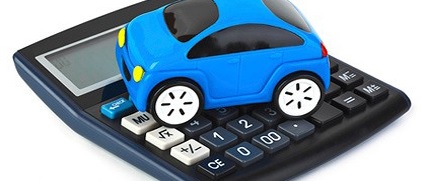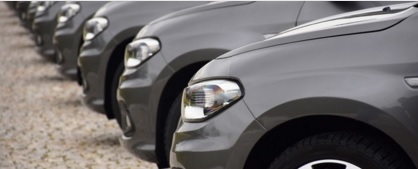It might seem simple enough to separate car loans from personal loans, however, in practice, the two are distinguished only by minor details. With said distinctions being relatively modest, consumers have the opportunity to consider either type of financing for their next vehicle purchase. Why then, do consumers generally opt for car loans in the majority of cases?
First of all, car loans are often favoured among motorists because of their tendency to utilise fixed rates rather than variable rates. In saying this, between the two, fixed rates typically coincide with secured car loans, while it is more common for variable rates to be offered with what financiers refer to as ‘unsecured’ vehicle loans.
As the name would suggest, secured loans require the applicant to provide the asset that is the subject of the loan, in this case a vehicle, against the terms of the loan. The risk to this, is should you fall behind, the creditor can repossess the vehicle and turn it over for proceeds to pay down the debt. But even then, if that doesn’t offset all your liability, you will still be responsible for the outstanding amount owed.

Unsecured loans are different, in that they do not require one’s car to be listed as collateral against the loan. However, because of the additional risk imposed against the creditor without this collateral, the interest rates accompanying an unsecured loan are likely to be greater than those of a secured loan – in effect, providing some assurance against the borrowings. In most cases, consumers pursue unsecured loans when shopping for second-hand vehicles.
Because fixed loans afford consumers a degree of surety that repayments will remain consistent, consumers are better positioned to manage their regular payments, while also being able to anticipate how much the full value of the car will be once it has been paid off.
With that said, if interest rates continue to decrease, as they have done in recent times, individuals are unable to renegotiate their rates downward – in effect, they will continue to pay a rate that is already priced at a premium to variable rates. And if you’re thinking about paying that loan off early? Well, you might have to think again, unless you’re prepared to stump up a fee for closing out the lease earlier than the financier had anticipated.

On the other hand, personal loans, which are available for an assortment of purposes, extend across all financing arrangements – not only can you find fixed and variable options, but they may be secured or unsecured. In the majority of cases though, you’ll find personal loans are unsecured, and as such, the interest rates for a fixed personal loan are typically greater than those of a comparable car loan.
Similarly, another reason for the higher rates (speaking relatively), is because the borrowing amounts permitted can often be lower than those you would receive for automotive financing. Personal loans also tend to be more difficult to access among those with a poor credit rating, or at least without the loan becoming secured against an asset that is being purchased – in the case of a vehicle loan however, this is made easier because of the vehicle being the secured item.
Each option has its respective benefits, as well as issues to consider. Take account of your individual circumstances and chat to us today for a clearer picture.
The Fincar team is here to help you with all your financing needs. Contact us today to help arrange your next car or equipment loan.
